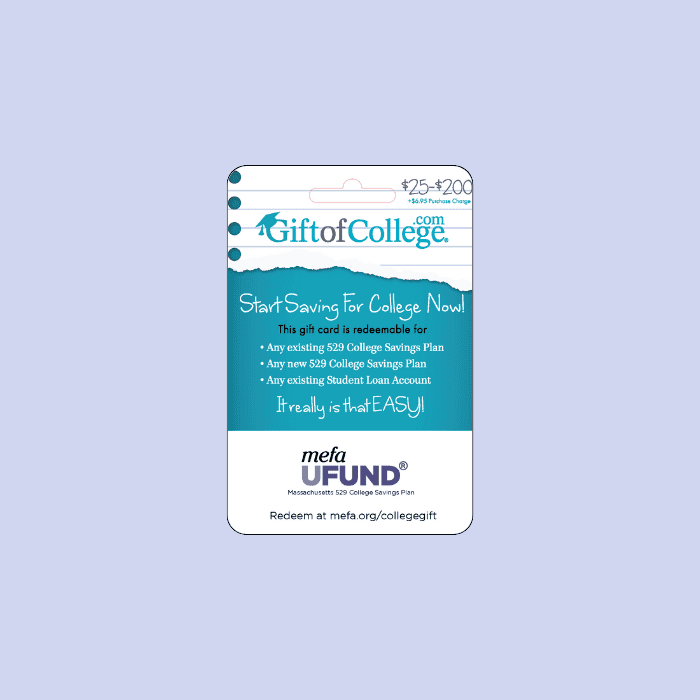Elementary school teacher is a popular career choice for people who want to work with children. But there is another option that students should know about: speech-language pathologist. The median salary for speech-language pathologists, also known as speech therapists, is $89,290 per the U.S. Bureau of Labor Statistics, compared to $63,670 for elementary school teachers. And jobs for speech pathologists are expected to grow by 19% over the next several years.
Becoming a speech therapist requires specialized study at both the undergraduate and master’s levels. High school students interested in pursuing this career should look for a college or university that offers a pre-speech pathology undergraduate program.
What Does a Speech-Language Pathologist Do?
Speech-language pathologists (SLPs) work with babies, children, or adults, usually in clinics, hospitals, and schools. SLPs who specialize in the needs of young children deliver early intervention services to address speech and language delays. Most are employed by school districts. Speech therapists who work with adults focus on communication and swallowing issues caused by aging or illnesses such as stroke.
Education Requirements and Programs
A master’s degree is required to become a licensed speech-language pathologist. Admission to SLP master’s programs is competitive, with many accepting less than 50% of applicants. Most master’s programs require applicants to complete several undergraduate courses in communication sciences to be eligible to apply. So, as a practical matter, students need to complete an undergraduate major or minor in Communication Sciences and Disorders to meet the pre-requisite course requirements.
Three public universities in Massachusetts offer a pre-speech pathology major in Communication Sciences and Disorders: Bridgewater State University, Worcester State University, and UMass Amherst. These universities also offer master’s programs in SLP. Students who earn high grades in their undergraduate pre-speech pathology courses (As and Bs) and strong recommendations from their professors have a good chance of gaining admission to the master’s program at their school. This fall, Worcester State launched a combined BS/MS SLP program in which students can obtain both degrees in as little as five years. Students can apply for admission to the master’s portion of the program after completing 60 undergraduate credits and earning a minimum GPA of 3.5 in their undergraduate Communication Sciences and Disorders courses. Northeastern University is the one private institution in the state offering a combined BS/MS SLP option. Click here for a complete list of Massachusetts universities offering SLP bachelor’s and master’s programs.
Licensing Exams and Fellowship Requirements
After completing a master’s program, students must pass a national exam and complete a 30-week paid clinical fellowship to qualify for an SLP license. Those who want to work with children in a Massachusetts public school also need to pass a basic teacher licensure exam on Communication and Literacy Skills. Clinical fellows work under a licensed SLP who is responsible for supervising and evaluating the student on a range of clinical duties including assessments and treatments. Students interested in working with children typically secure a paid fellowship with a public school district.
For more information on careers and career pathways, sign up for an account in MEFA’s free college and career planning portal, MEFA Pathway.














